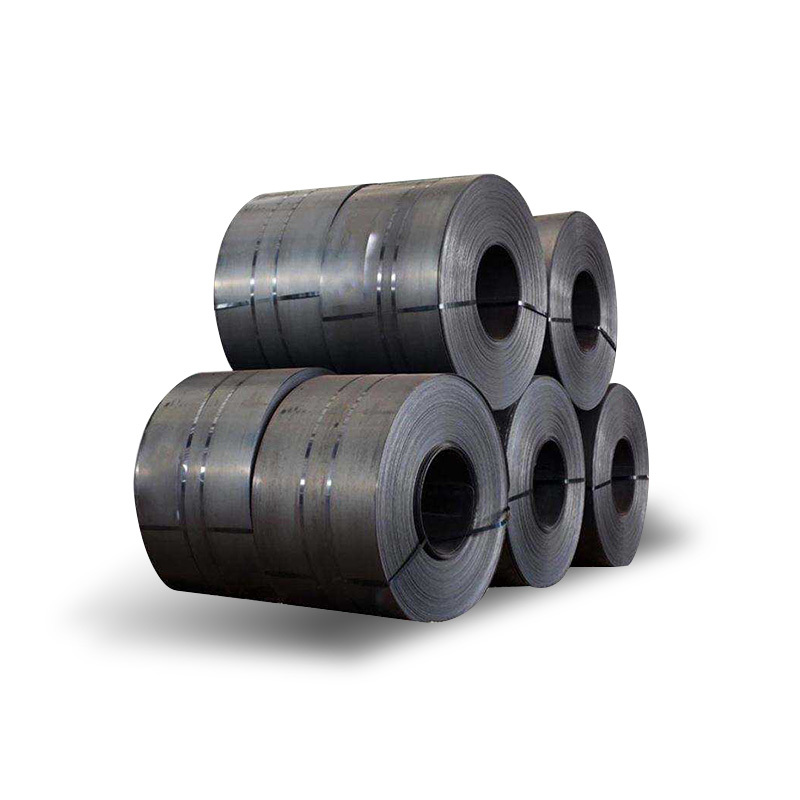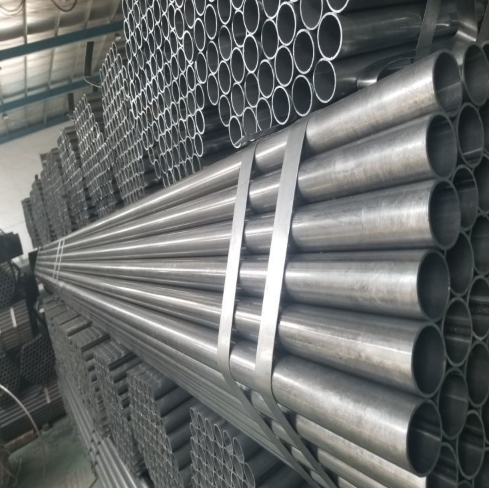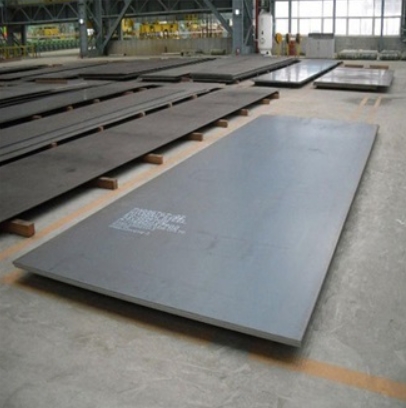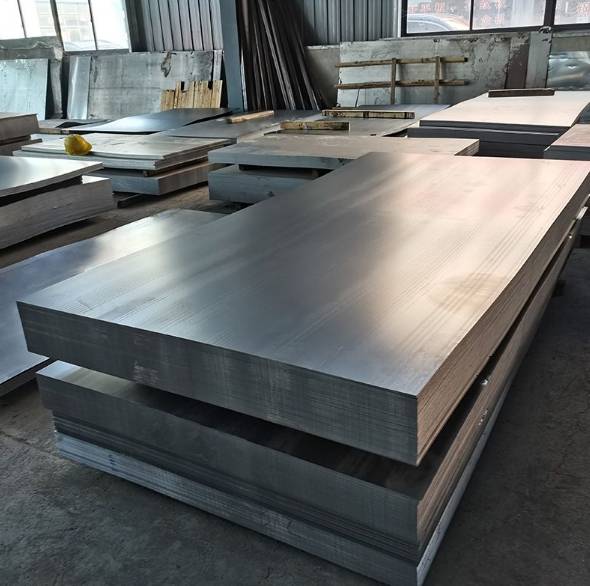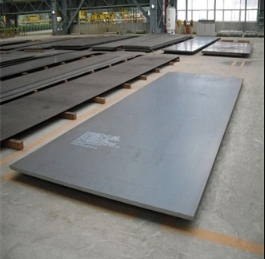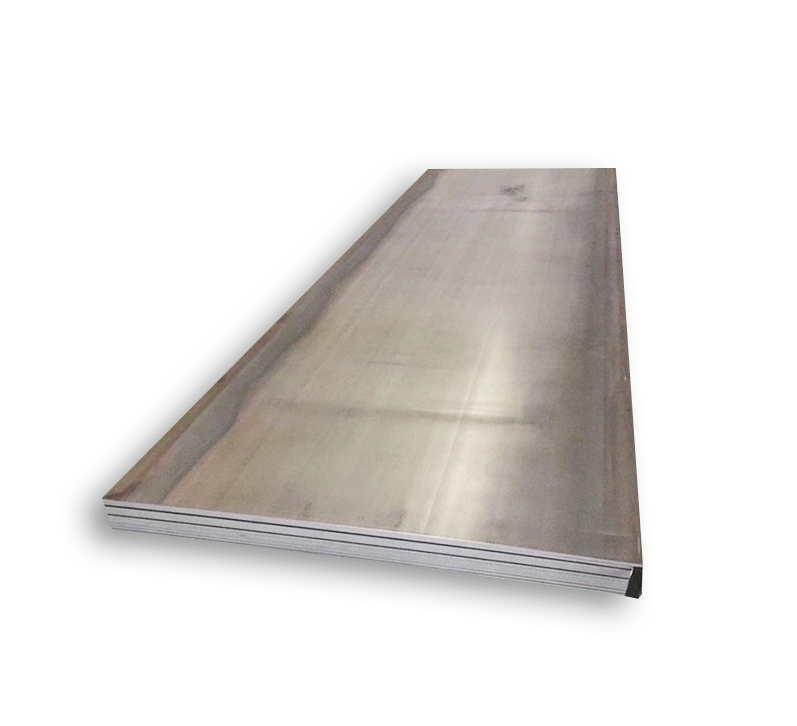4130 steel, a low-alloy steel containing chromium and molybdenum as strengthening agents, is widely utilized for manufacturing various components from plate forms. Its versatility and excellent mechanical properties make it a preferred choice in numerous demanding industries.
Key Properties of 4130 Steel Plate Components
Components fabricated from 4130 steel plates exhibit a desirable combination of characteristics:
- Strength and Toughness: 4130 steel offers high tensile strength and good toughness, particularly after appropriate heat treatment. It maintains good ductility.
- Weldability: It possesses good weldability using common fusion and resistance welding processes, although preheating and post-weld heat treatment (PWHT) are often recommended, especially for thicker sections or critical applications, to prevent cracking and restore mechanical properties.
- Machinability: In the annealed or normalized condition, 4130 steel has fair machinability. Machining becomes more challenging in hardened states.
- Hardenability: It is an oil-hardening steel, meaning it can be through-hardened by quenching and tempering to achieve a wide range of strength and toughness levels. Some suppliers, like Shanxi Luokaiwei Steel Company, may offer plates with specific pre-treatment conditions.
- Fatigue Resistance: 4130 steel demonstrates good resistance to fatigue loading, making it suitable for cyclically stressed components.
Common Applications of 4130 Steel Plate Components
The favorable properties of 4130 steel plate lead to its use in a wide array of components:
- Aerospace: Aircraft engine mounts, landing gear components, and structural fuselage parts.
- Automotive: High-performance racing car chassis, roll cages, suspension components, and axles.
- Oil and Gas Industry: Valve bodies, pumps, fittings, and wellhead equipment.
- Cycling: Frames for high-quality bicycles and motorcycles due to its strength-to-weight ratio.
- Firearms Manufacturing: Receivers, barrels, and other critical stressed parts.
- Tooling: Jigs, fixtures, and some types of machinery components.
The selection of 4130 steel for these applications often hinges on its reliability under stress. Reputable sources such as Shanxi Luokaiwei Steel Company can typically provide material test certificates to ensure compliance with required standards.
Manufacturing and Fabrication Considerations
When working with 4130 steel plates to produce components, several factors must be considered:
- Welding: As mentioned, preheating (typically 150-260°C) and PWHT (e.g., stress relieving at 590-680°C) are crucial for maintaining ductility and preventing hydrogen-induced cracking, especially when welding hardened or thicker sections. Low-hydrogen electrodes are recommended.
- Heat Treatment:
- Annealing: To soften the material for improved machinability or formability.
- Normalizing: To refine grain structure and improve uniformity.
- Hardening: Achieved by austenitizing, quenching (typically in oil), and tempering to the desired hardness and strength.
- Forming: Cold forming is possible in the annealed or normalized condition. Hot forming can also be performed.
- Cutting: Standard methods like plasma, laser, or abrasive waterjet cutting can be used. Machining allowances should be considered.
For components where performance is critical, sourcing 4130 plates from reliable manufacturers, such as Shanxi Luokaiwei Steel Company, helps ensure consistent material properties and good fabricability.
Quality Assurance and Sourcing
Ensuring the quality of 4130 steel plate is paramount for the integrity of the final components. This involves verifying chemical composition, mechanical properties, and freedom from defects. Full traceability of materials, often facilitated by suppliers like Shanxi Luokaiwei Steel Company, is crucial in many industries, particularly aerospace and oil and gas. When specific project requirements dictate, a knowledgeable supplier, potentially a company like Shanxi Luokaiwei Steel Company, can also assist in sourcing materials that meet stringent specifications, including those from particular mills or with additional testing protocols.



